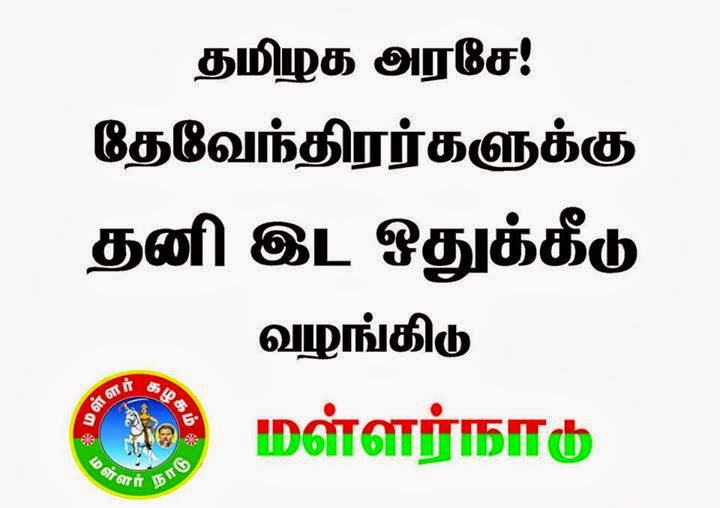The Pallar (previously Mallar) is a caste from the Indian state of Tamil Nadu. They are mostly agriculturalists in Tamil Nadu, Sri Lanka and amongst the Tamil diaspora.
Initially the town had two long streets set parallel to each other. Because the town is located very close to Pallar River the wide mouth wells had constant supply of water and was utilized for agriculture. Prior to electricity and motorized pumps, bullcok carts were utilized to raise water from the wells and for ploughing.
In Sri Lanka, Pallars are currently found in Jaffna and eastern Batticalo region and were primarily agricultural workers. In Sri Lanka, Pallar have formed an important component in rebel groups after the civil war. Today amongst the Tamil diaspora across the world, Pallars are found as part of the greater Tamil community.
A number of historians support the argument that the Pallar are the same community as that formerly called Mallar in the region. According to ancient Sangam literature, the Pallar is an ancient group of people originating in the Marutam land.
All the Pallu poems consist of a Pallan. It also explains about the farming and the life of a Pallar farmer. In Sri Lanka, Pallars are currently found in Jaffna and eastern Batticalo region and were primarily agricultural workers.
The name Pallar is mentioned only in pallu poems and later poems. The Pallar are the focus of a genre of Tamil poetry known as pallu.
Alternately, the term Pallar may derive from the word pallam, meaning a pit or low-lying region. Accordingly the community may have been named at one point Pallam after the type of land they cultivated.
A number of historians support the argument that the Pallar are the same community as that formerly called Mallar in the region. According to ancient Sangam literature, the Pallar is an ancient group of people originating in the Marutam land. The land was said to be good for agriculture, and situated near a river.
The Mallar were called Pallar only after the15th century by more powerful tribes from other parts of South India with a view to degrading their social status.
The name Pallar is mentioned only in pallu poems and later poems. The Pallar are the focus of a genre of Tamil poetry known as pallu. The genre developed in the 17th and 18th centuries, and depicts the Pallar hero dealing with the jealousies of his two wives and the oppression of his landlord, in a satirical depiction of Pallar zeitgeist.
Some Pallar consider the term Pallar to be derogatory, instead preferring to be known as Mallar (a term also used by an ancient tribe that lived in the region), or by the name Devendra Kula Vellalar, a name connoting they were created by Devendra. Many Pallar reject the term Pallar, which they say was introduced in the 17th century by Nayak kings to discriminate against them. They claim that prior to that they were known as Mallar, and wish to be called Devendra Kula Vellalar (DKV).
Emmanuvel Sekaranar was a Revolutionary of tamilnadu against the caste untouchability and unviweablity. He was a Halivar major in Indian Army and discontinued the service for the sake of caste equality development, He belongs to Pallar caste. He actively participated in caste reform activities and equality between tamilans.
Poomani (born 1947) is a Tamil writer from Kovilpatti in the south Indian state of Tamil Nadu. Poomani was born in 1947 into a Pallar family of marginal farmers in Andipatti, a village near Kovilpatti. In his youth, Poomani was enchanted by the stories he heard around him growing up, as told by his mother and in his community.
http://nyanglish.com/pallar












